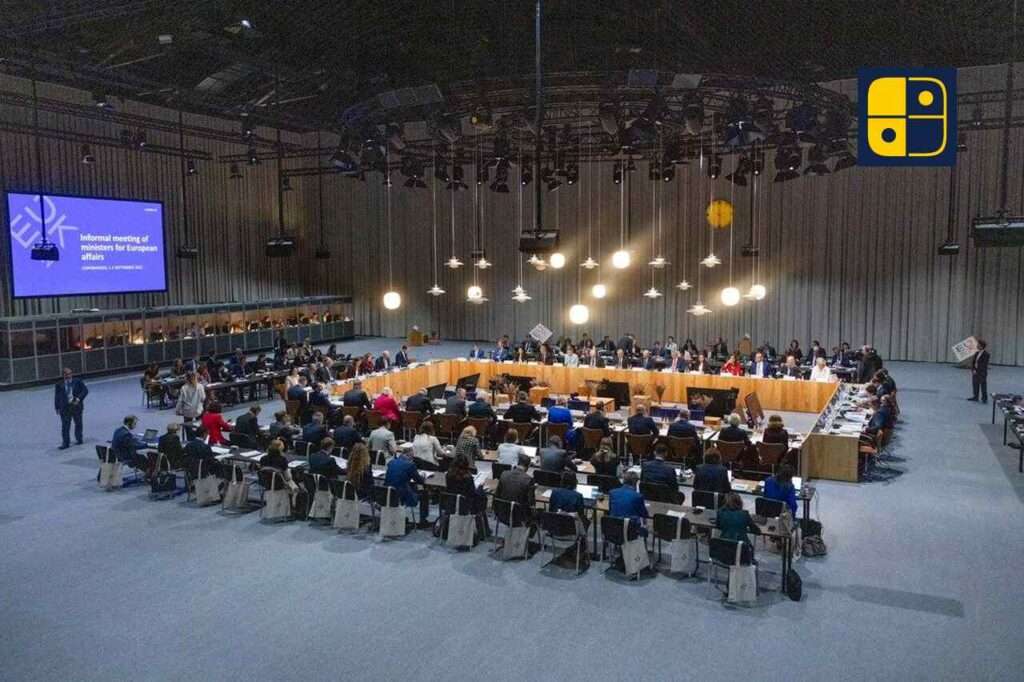European leaders met in Copenhagen, a meeting held under heavy security as Europe wrestles with drone threats, particularly after a spiraling number of drone incidents at Danish airports in the past week, increasing pressure for the European Union to boost air defenses against potential Russian incursions.
Last week, drone disruptions caused flight delays at airports across Denmark, Lithuania, and Norway. Russian MiG-31s breeched Estonian airspace, and Poland and Estonia have been describing a string of incursions. Ten EU counties have rallied behind a proposal by Poland, Finland, Sweden, and others to put in place a multi-layered “drone wall,” as suggested by European Commission chief Ursula von der Leyen, to detect and mitigate cheaper Russian drones and other aerial threats.
Denmark has prohibited all civilian drone activity until Friday and has added foreign anti-drone units to their border security efforts with help from Poland, the UK, the Netherlands, and the US. Sweden has loaned a sophisticated radar unit, and Germany has sent a stood frigate to Copenhagen. Ukraine is also a contributor in developing capabilities through being a participant in joint exercises.
Chancellor Merz of Germany warned that there was “not war,” but “we are no longer at peace,” and urged Europe to pursue defence agility. The leaders of the EU will examine a roadmap to be “ready for 2030” including plans for €150bn of joint procurement of more advanced weapons systems, which will be integrated with NATO.
While Copenhagen has not explicitly declared the drone attacks to be tied to Russian actions, the Danish Prime Minister Mette Frederiksen, stated “there is primarily one country that poses a threat to Europe’s security – that is Russia.” NATO has met twice already in September based on consultations under Article 4 indicating the seriousness of increasing violations of airspace.

